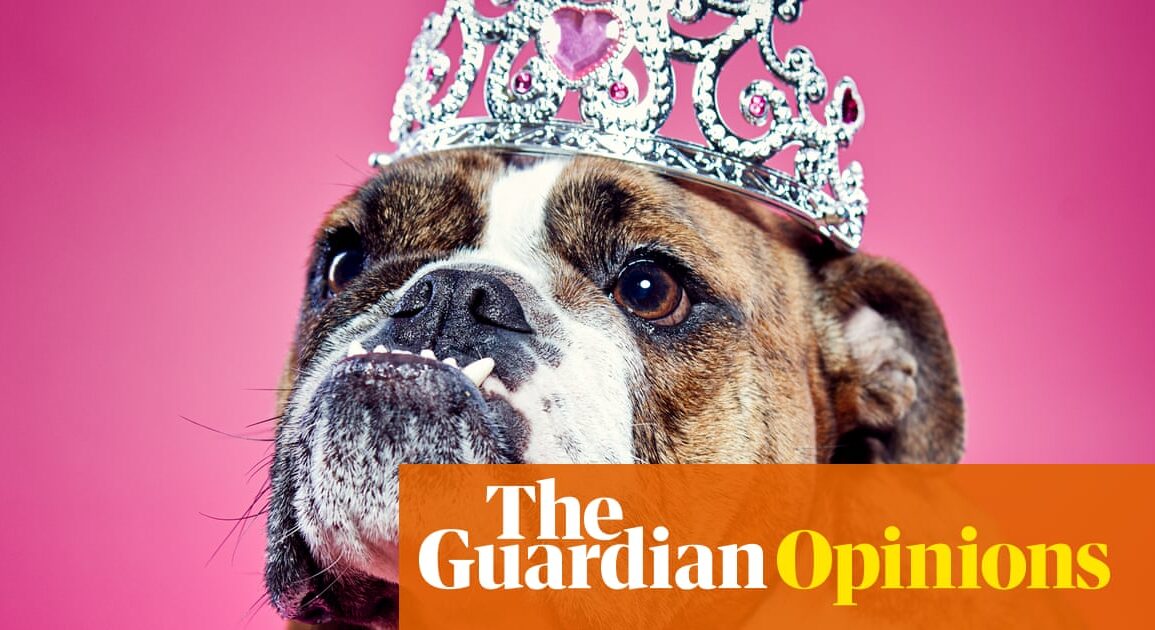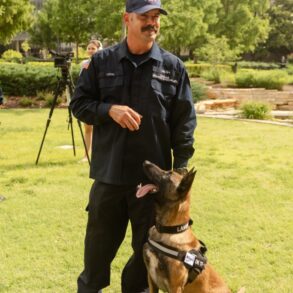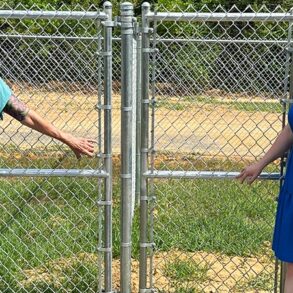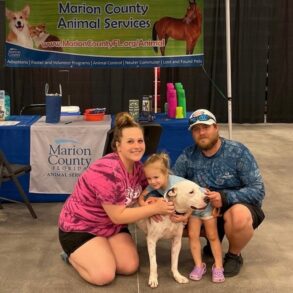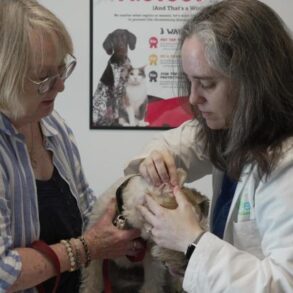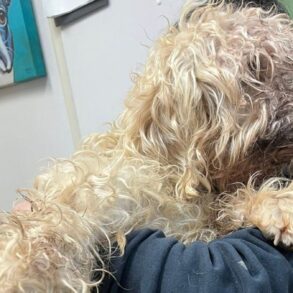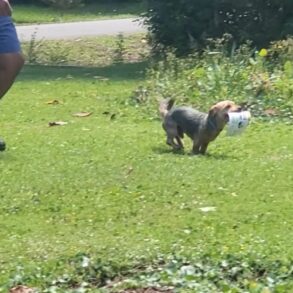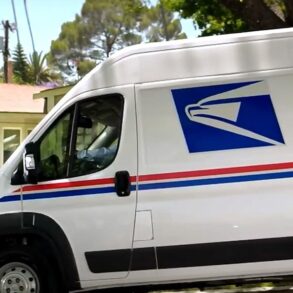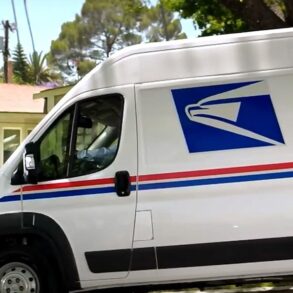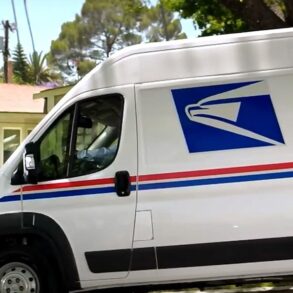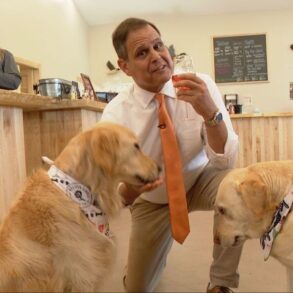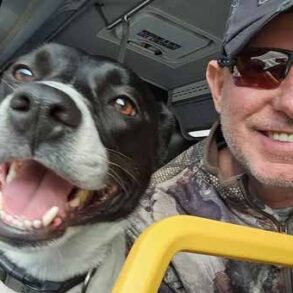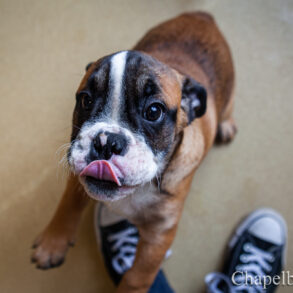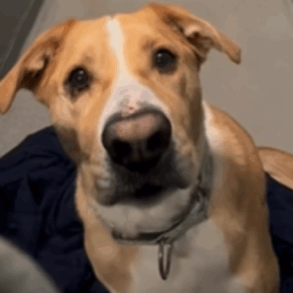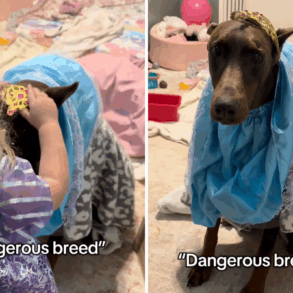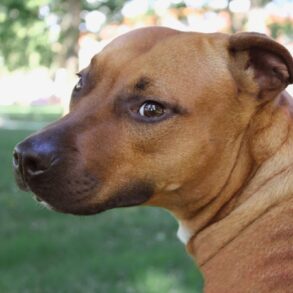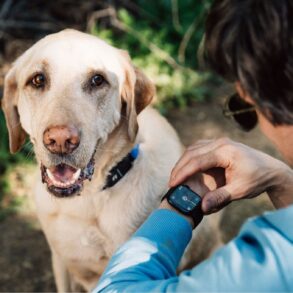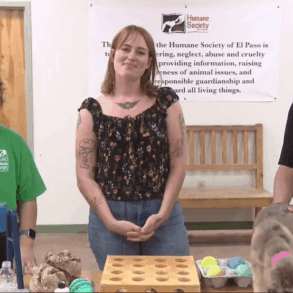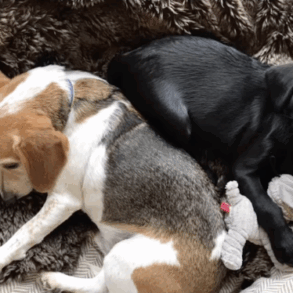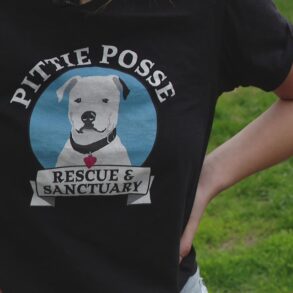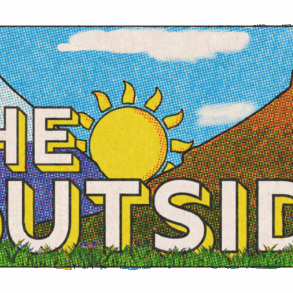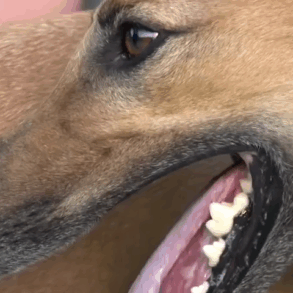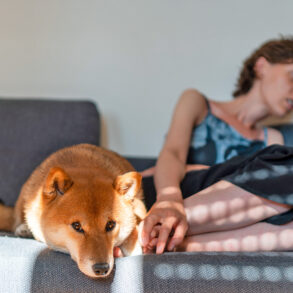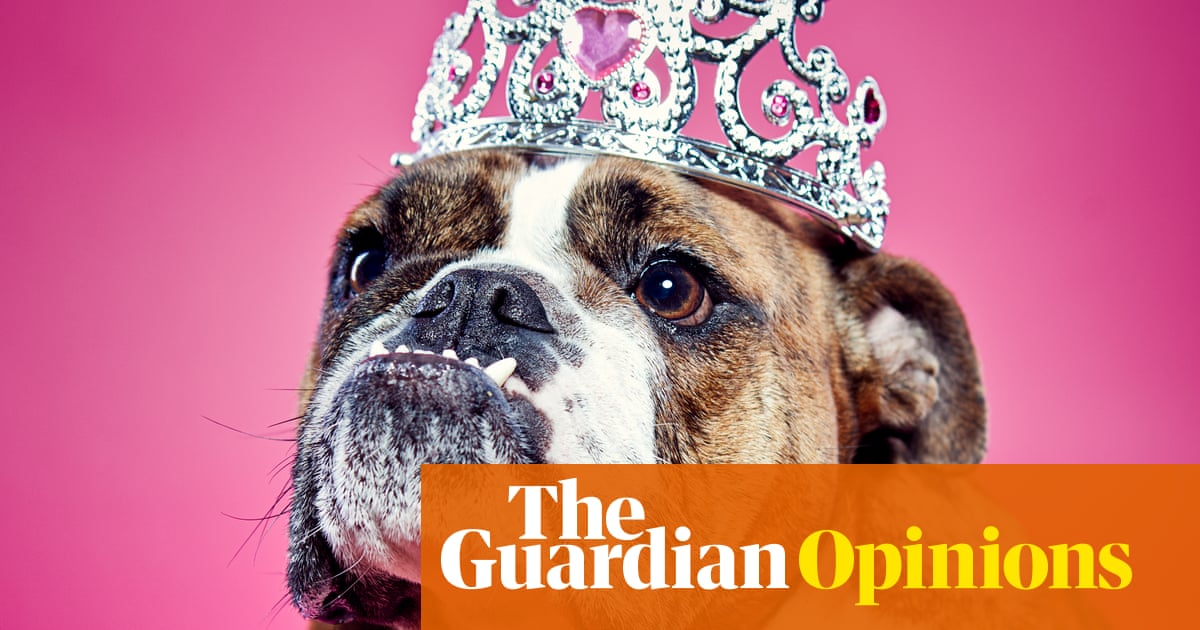
A delightfully fluffy expenses controversy emerged in Queensland in the past week. The ABC reported that the chair of a Queensland government-owned company “faced questions” after billing the taxpayer for a hotel stay with a luxury accommodation package for his dog.
The energy company chair, his “fur-baby Vito” and his wife (unnamed) allegedly enjoyed a $500-a-night stay at the Ovolo hotel in Fortitude Valley when a board meeting obliged his attendance in Brisbane, 100km away from his Sunshine Coast home. The “luxury pet-friendly accommodation” offered at the five-star Ovolo includes a “super comfy” dog bed, treats, premium dog food, mealtime mat and water bowl, as well as a take-home dog toy “because who doesn’t love a present?”
According to the report, although the stay last year was approved, the cost was queried by the company’s operations director who feared it was “above the state’s recommended rate of $181 a night for stays in Brisbane”. The story provokes two immediate responses. The first is: should the people of Queensland really be subsidising some suit’s puppycation when the state’s youth justice system cries out for reform?
The second response is, alas: “Honey, grab the dog. Ovolo are doing a puppy package. We’re going to Brisbane.”
If the suit wants to move on from the story, I’d suggest they merely outline to the Queensland government the efficiency dividends delivered by choosing dogcommodation over the alternatives. The productivity impact on leaving one’s dog behind for a business trip is considerable. The phone costs of being told by a partner on solitary dog duty at home that “he keeps sniffing the door, waiting for you to come back” may be negligible, but consider the data costs of watching breed-specific Instagram videos from your lonely hotel room to make moony, sooky faces over.
Forty-eight percent of Australian households own dogs; to those of us on the outlay for food, treats, toys, grooming, kennels, vets and puppy school, $500 seems like a rare bargain. While the suit declined to comment to the ABC, a company spokesperson said his travel with his dog involved extenuating circumstances related to “personal family circumstances, which are private”. They said the trip complied with the corporation’s policies and that he “strongly rejected the assertions made against him”.
The “VIPooch” story isn’t this nation’s only political dog-indulgence expenses controversy. In 2016, it came out that the Victorian corrections minister, Steve Herbert, had used his taxpayer-funded ministerial car to chauffeur his dogs, Patch and Ted, the 97km between his Melbourne residence and his Trentham country home – notably, without him. Herbert insisted he’d done this only “once, possibly twice”, but the backlash at the time was enough for him to resign his ministry and, soon after, leave parliament.
One wonders if he’d be obliged into such a dramatic apology now. In the almost 10 years since the “dog chauffeur scandal”, the century-long shift of pets from household roles of utility to those of companionship has ratcheted up rapidly.
Australians have always been pet people, but we are now living in the wake of a post-pandemic pet proliferation that between 2019 and 2021 raised the proportion of Australian households with pets from 61% to a goggling 69%, marking the largest increase in decades. Australians are now – officially – more pets than people, with 28.7 million fluffy, furry, scaly and feathery pals spread across the population. (Notably, households own over 11 million fish. Someone really should tell the Ovolo marketing department.)
Other western countries are similar; 94 million Americans owned a pet in 2024, which is more people than voted for Donald Trump. Half of European households are now pet owners. The existence of Petfood Industry magazine itself suggests an expanding “pet economy” that’s estimated to be worth $157bn in the US alone – yet the figures this august journal supplies are also a revelation: gen Z are building a pet empire. In 2024, 18.8 millions American households from this cohort were pet owners – a staggering 43.5% increase from only the previous year.
It has long been observed that the size of every market spawns a proportional online influencer community to grift from it; the word “petfluencer” has entered the dictionary.
Those horrified by the concept of a dog-positive hotel stay should block their eyes here. Harrods will sell you a designer diamond dog collar for £500,000; “pet-focused fashion” is a real term invented by real human beings to describe brands that hawk pet accessories from raincoats to jewellery made of precious gems and leather. “Barkitecture” is now also a word, used in the “designer dog house” biz; you can DIY or invest in “doggy mansions” – even a dog castle – with a build that costs more than a human house.
You can charter a private plane for your pet. Send them off to a spa. There’s dog yoga, custom cakes and an “aesthetic cat furniture solution” for those whose problems obliging it are truly beyond my imagination.
The problem with late-stage capitalism is its indulgences are so extreme that fancier pet food, a BarkBox delivery or the odd commonwealth-sponsored dog chauffeur seem positively humble in comparison.
As the birth rate continues to decline, “pet parenting” has emerged as a household-building alternative, expanding the content of family, if not the definition, as a place of mutual love and togetherness.
Problem is, we are making our pets the new projection surface for all the fucked-up materialistic status performance infecting us elsewhere – this time, in the most clownish of ways – because your dog does not care if its collar’s from Burberry or its hotel really deserves its five-star accreditation.
What makes it most like a human child, my friends, is that it just needs to be fed, needs to be safe – and to spend time with you.
-
Van Badham is a Guardian Australia columnist
This post was originally published on this site be sure to check out more of their content.




